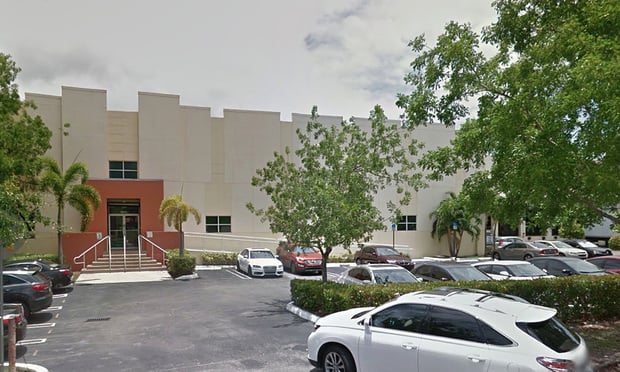The struggle is for 63 acres--suffering varying degrees of contamination--along an otherwise beautiful stretch of South Lake Washington waterfront. Through a complex set of agreements between Allen's Vulcan Northwest, property owners, the City of Renton and environmental agencies, the issues of toxic cleanup appear to have been resolved on two parcels, one of which Allen has secured.
What remains is Allen's acquisition of the third parcel owned by the local Cugini family. While all prior negotiations have tanked, those in the know say resolution may finally be imminent.
In 1996, Allen announced plans to develop Port Quendall. Shortly thereafter, he backed off from the project when the projected cost of dealing with soil contamination was estimated as high as $20 million to $30 million. Allen jumped back in the saddle in May of 2000 when he acquired the northernmost 20 acres of the site from J.H. Baxter & Co. for $6.5 million and a $7-million commitment to clean up the contaminants.
The most heavily contaminated of the three parcels is the Port Quendall Terminals, located in the mid-section of what is hoped will become Quendall Landing. Sue Carlson, Renton's administrator of Economic Development, neighborhoods and strategic planning, describes the extent of the property's contamination at 100%, from nearly three decades of wood-treatment operations leaching massive amounts of creosote, PCPs and other chemicals into the soil. "The cost of cleanup," says Carlson, "is more than the property is worth."
The City of Renton, anxious for redevelopment of the dead land in a master-planned fashion, continued to work with Allan and the Dept. of Ecology and property owners to find a solution. When all was said and done, the owners of the Port Quendall Terminals, Altino Properties and J.H. Baxter & Co., agreed they would deed the site to the city. The city agreed to take possession of the property and assume responsibility for the cleanup—but not until Allen's negotiations for the third and final piece from the Cugini family come to fruition—which, thus far, has been as elusive as the fabled snipe. Ultimately, of course, the city plans to sell the decontaminated property to Allen.
At the inception of the Quendall Landing concept, the Cuginis were reported to be willing to accept $16 million for their property. Then, of course, Allen took his hiatus from the project. In early 2000 the family then put the property on the market for $25 million—a price Allen was unwilling to pay. Then last summer the plot twisted again as the Cuginis filed their own plans for development, which the city nixed—holding out for a master-planned development of all three properties. The Cuginis sued the city—unsuccessfully. They returned to the bargaining table again with Allen—also unsuccessfully. And, on December 11, Renton imposed a moratorium on the development, in hopes the parties could come together.
It is now the 11th hour, and all sources are saying the negotiations may be good to go. But officially, it's all still rhetoric, with one Vulcan spokesperson telling GlobeSt.com, "We have held productive discussions and have agreed to meet again. We're encouraged that all parties can come together in mutual agreement."
Want to continue reading?
Become a Free ALM Digital Reader.
Once you are an ALM Digital Member, you’ll receive:
- Breaking commercial real estate news and analysis, on-site and via our newsletters and custom alerts
- Educational webcasts, white papers, and ebooks from industry thought leaders
- Critical coverage of the property casualty insurance and financial advisory markets on our other ALM sites, PropertyCasualty360 and ThinkAdvisor
Already have an account? Sign In Now
*May exclude premium content© 2024 ALM Global, LLC, All Rights Reserved. Request academic re-use from www.copyright.com. All other uses, submit a request to [email protected]. For more information visit Asset & Logo Licensing.








